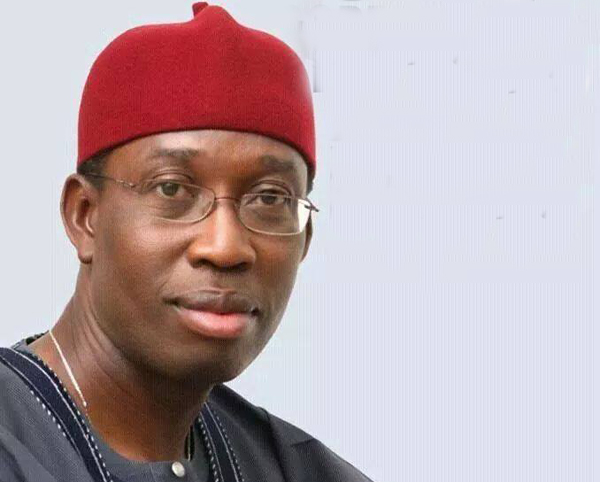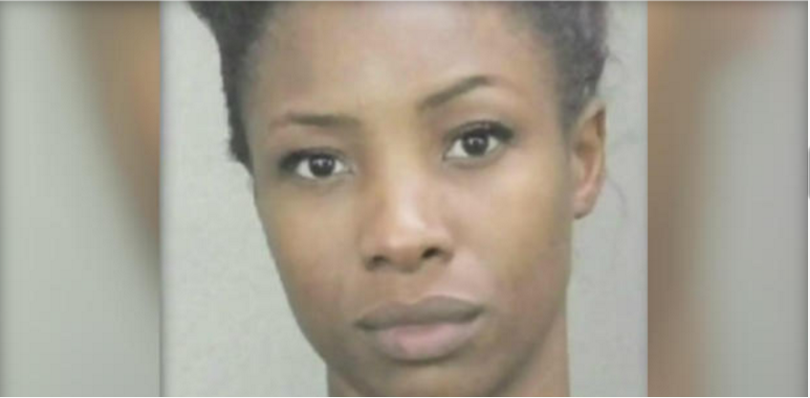Presidential poll: Atiku, PDP close case at tribunal with 62 witnesses

Tenders additional 5, 333 documents .INEC opens defence July 29
Andrew Orolua, Abuja
Atiku Abubakar and the Peoples Democratic Party (PDP), on Friday, finally closed their case in their petition challenging the election victory of President Muhammadu Buhari in February 23 general election.
The petitioners have specifically asked the tribunal to nullify the victory of Buhari on grounds of perceived irregularities, substantial non compliance with the electoral laws, widespread violence, over voting, intimidation and cancellations of results and others.
The petitioners have also asked the tribunal to declare them winner of the election based on the results obtained from INEC central server, which according to them, revealed they scored lawful majority votes cast at the poll.
Though the petitioners had planned to call about 400 witnesses within the 10 days allotted to them to substantiate their claims, they only called 62 witnesses and tendered over 50, 000 documents as proofs of the alleged rigging, over- voting, non-compliance with the electoral guidelines.
The 62 witnesses called by the petitioners include a foreign Information, Communication and Technology (ICT) expert from Kenya, David Ayu Nyanjo, and a local data analyst, Joseph Gbenga, whose testimony centred around the claim by the petitioners that results of the election were transmitted from polling units to an INEC central server.
Nyanjo, an expert on information technology, told the tribunal that in his analysis, four websites were discovered to belong to the Independent National Electoral Commission (INEC).
Under cross-examination by Buhari’s counsel, Chief Wole Olanipekun (SAN), the witness said that the analysis carried out were on data from information supplied by a whistle blower.
He said that the exhibit attached to his statement on oath was signed and dated and that he used ‘Whoistools’ in his work on the analysis.
On whether he attached his education qualification to his deposition, the witness answered in the negative.
The witness said that the information contained in the report of his analysis were extracts from three of the four websites. The witness confirmed that “Fact.Com was created on March 12, 2019 while the election was held February 23, 2019.”
On the exact date the presidential election sheet which contained results of each political party was created, the witness said he was not sure, but agreed that it formed part of INEC website and that it was INEC information as he doesn’t have data on when it was created.
When asked to give full names of Mr. B.U.K used in the data found in the server, the witness said that “if given access to INEC server by its chairman, he will get the full name.
“The name is created for security reasons. I cannot mention the name because I was not authorised to disclose this,” he said.
Under cross examination by Lateef Fagbemi SAN), counsel representing the All Progressives Congress (APC), the witness said the chairman of INEC can authorise access to the server.
“If INEC chairman allows access I would prove that it was gotten from its server. I used scientific method and knowledge to ascertain and got the information. It is possible using same scientific method and knowledge to alter it,” he added.
He also agreed that with garbage in and garbage out on computers one can have faulty results.
On whether he was engaged and paid for the job, he said that the logistics for the job were paid for.
Majority of the witnesses which were mostly PDP agents at the unit, wards, local government and State levels told the tribunal there were abnormalities during the conduct of the presidential poll, which according to the petitioners’ last witness, Osita Chidoka, is the most costliest election ever conducted by Nigeria.
Chidoka, who was the National Collaboration agent for the petitioners and Head of the PDP situation room, told the tribunal that he refused to sign the result of the presidential election because of wrong entries through the manual system.
He insisted that results were transmitted into INEC server and that INEC chairman, Prof. Mahmoud Yakubu, confirmed the existence of a central server in a conversation with the political parties’ national agents.
Earlier, the foreign ICT expert in his evidence alleged that INEC has four websites from which he was able to generate information used in his analysis in his report to the petitioners.
He listed www.factsdontlie.com, whoistool as some of the websites he said though does not belong to INEC but the information therein was uploaded by an INEC official who is anonymous.
He said if authorised by the INEC chairman he can access the server and provide them with the name and number of the server.
The witness said that the information contained in the report of his analysis were extracts from three of the four websites.
On his part, Joseph Gbenga, the local data analyst, said that he analysed forms EC8A, EC8B and EC8C in 11 focal states of the federation on the instruction of the petitioners.
Among the last set of documents tendered by the petitioners were INEC 2019 presidential election declaration results, report on all PVC used for the presidential election, record of card reader accreditation, summary of registered voters in polling units were election were cancelled, summary of Collation at the national level and 36 copies of summary of results collation at the states level.
Meanwhile, the tribunal has adjourned further hearing till July 29, for INEC to open its defence.








